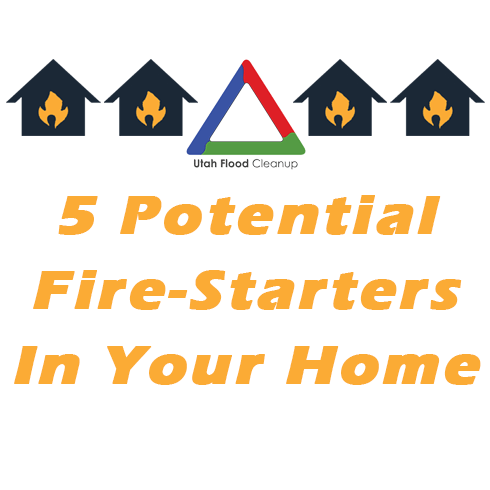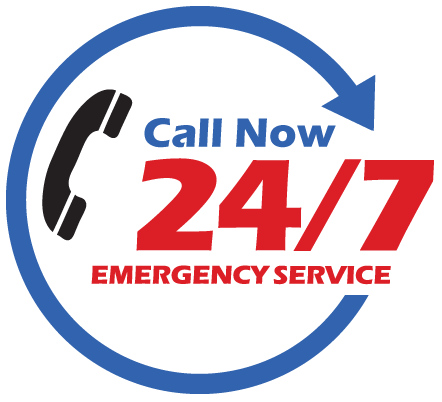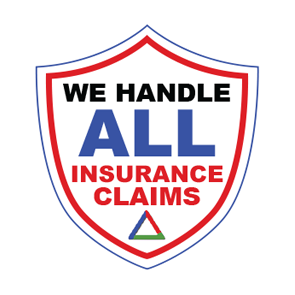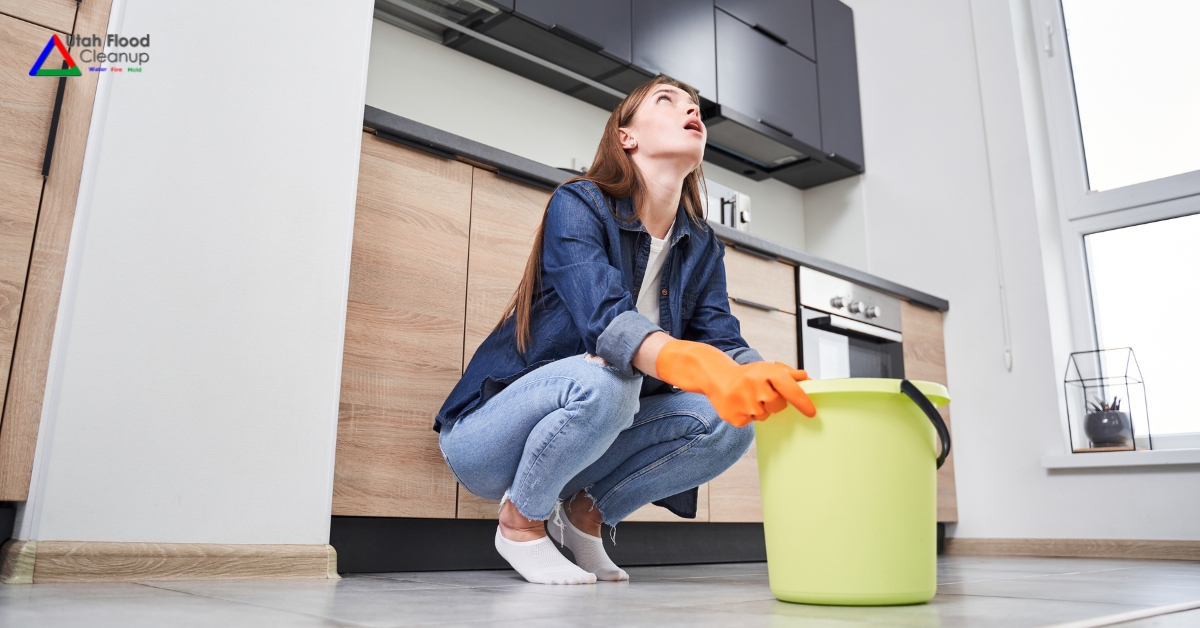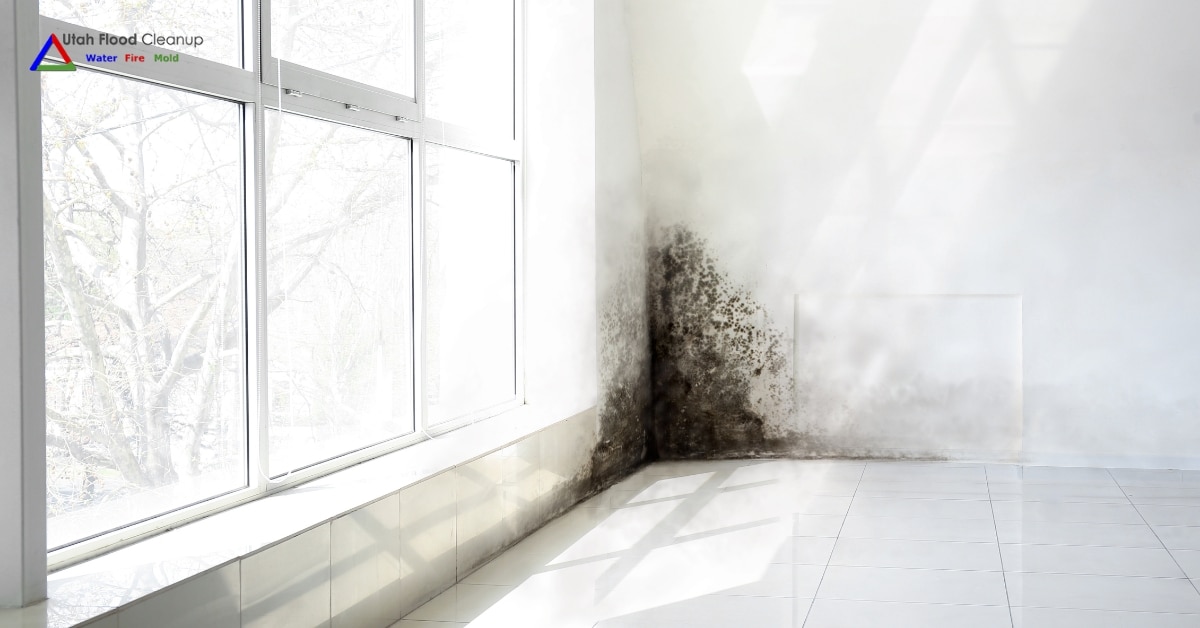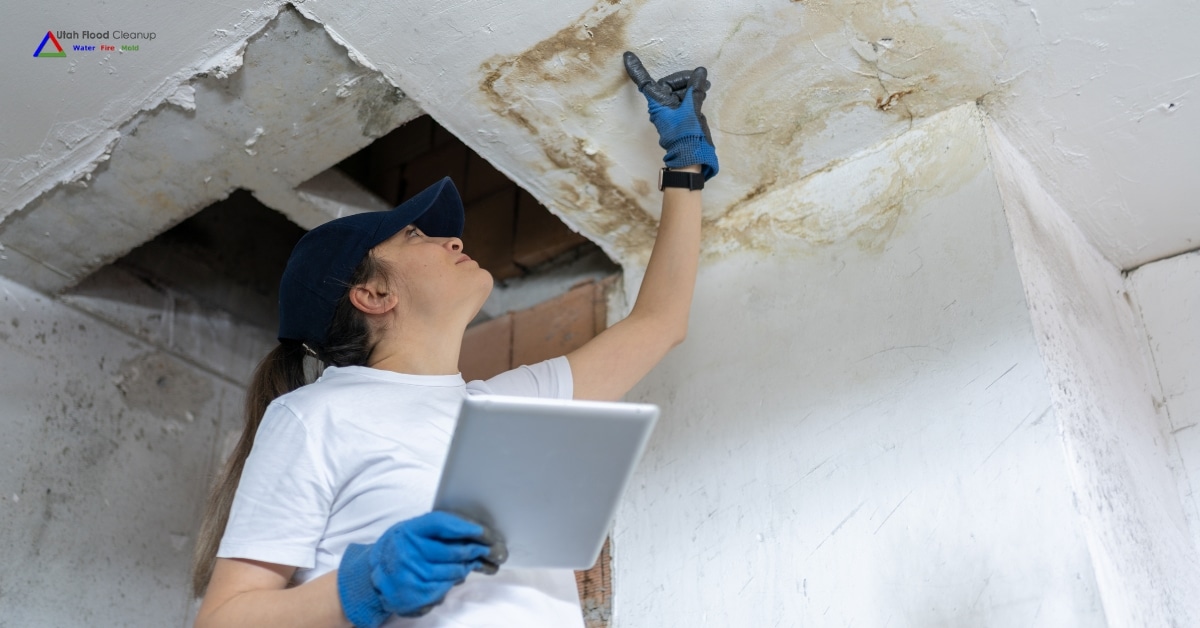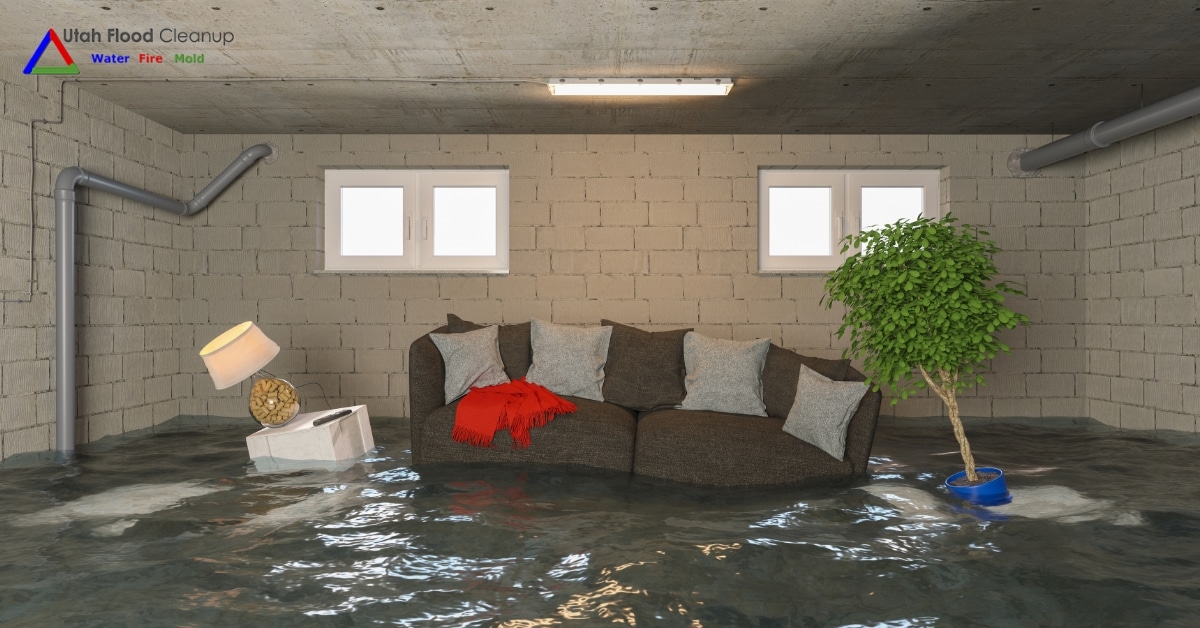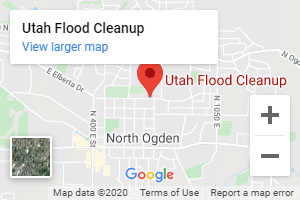No matter how careful you are, there’s a chance that your home is hiding a fire hazard - possibly even in plain sight. For the safety of yourself and everyone else that resides in your home, we hope that this list will prompt you to take a closer look at some of the potentially dangerous situations that can become more serious when left untreated or learn a few safer methods of dealing with common fire sources that can reduce the possibility that they will be the cause of a tragedy in the future.
BBQ Grills & Grilling
It probably goes without saying that both propane and charcoal started barbecue grills should never be used indoors; indoor use would pose a significant fire hazard as well as expose anyone in the enclosed space to toxic smoke and gases, and could rapidly cause lethal asphyxiation. You must also be sure you maintain proper safety anytime you grill outside.
● Always position your grill away from any siding, deck railing and out from under any overhead house eaves or tree branches.
● Your grill should be a safe distance from areas of high foot traffic or play areas.
● Make sure you keep the trays below the grill cleaned of grease buildup so it can’t be ignited unexpectedly.
Backyard Fire Pits
A simple fire pit, fire bowl, or chiminea, has become an increasingly popular backyard feature in the last few years, but there are always things to keep in mind when you actually go to start a fire in one. It’s probably most important to remember to think small - fire pits are more about creating ambiance than warmth and the larger the fire you build, the greater the potential for danger.
● Keep your fire pit at least 10 feet away from any combustible surface or structure.
● Avoid lighting a fire in windy conditions that could blow embers.
● Check weather forecasts and any local burn bans or ordinances that could be in effect for the season or in your region.
● Never start a fire in your outdoor fire pit without a source of water nearby in case of an accident.
Lint Build Up in Dryer Vent
This is a source that always surprises people. Believe it or not, fires that begin in your clothes dryer due to built-up lint and dust in the lint trap account for a shocking amount of home structure fires and cause millions in property damage every year. The type of dryer you have makes a big difference; according to the U.S. Consumer Product Safety Commission, if you have an electric clothes dryer, your chance of fire is 250% greater than if you have a gas dryer.
Faulty Electrical Outlets and Wiring
Electrical fires can be caused in several ways, but most of them are the result of faulty electrical outlets or old, outdated appliances. Appliances with worn or frayed cords or faulty switches should be repaired or replaced immediately - those frayed or worn cords can send heat or sparks out onto floors, curtains, rugs or other commonly combustible surfaces and quickly start a fire that could quickly get out of control. If your home is over twenty years old, your wiring might need updating to handle the higher number of modern appliances in most homes now.
Candles
Candles cause an estimated 3% of home fires every year. Safety rules for candles burning in the home haven’t changed for many years, but a refresher course never hurts.
● Never leave a candle burning out of sight. If you leave a room, extinguish any candle burning there before leaving.
● Burning candles must be kept out of the reach of children and pets.
● Keeping the wicks of your candles trimmed to ¼ inch before each time you light them will help them burn more evenly and safely.
● Don’t burn candles near anything flammable - books, papers, decorations or curtains are common in most homes.
Utah Flood Cleanup is here for you in the event of disaster. Fire damage can be devastating to your home, capable of rendering your foundation, walls and ceilings weakened by heat, making it unsafe for you in inspect your home without professional assistance. The smoke and ash left after a fire can also be dangerous and leave someone without the proper safety equipment with respiratory damage.
If you are facing the damages of a fire, flood or other emergency clean up situation, we can help you with professional, 24/7 emergency services. Contact us here, or call us today at (801) 416-2666 and let us know how we can help you get your life back on track.
Download a PDF Version of This Page
- How Much Does It Cost to Fix Water Damage on a Ceiling? - September 10, 2025
- What Kind of Mold Is Dangerous to Breathe? [Expert Guide for Utah Homes] - July 24, 2025
- Can a Water-Damaged Ceiling Be Fixed? Here’s What Every Utah Homeowner Needs to Know - July 7, 2025
